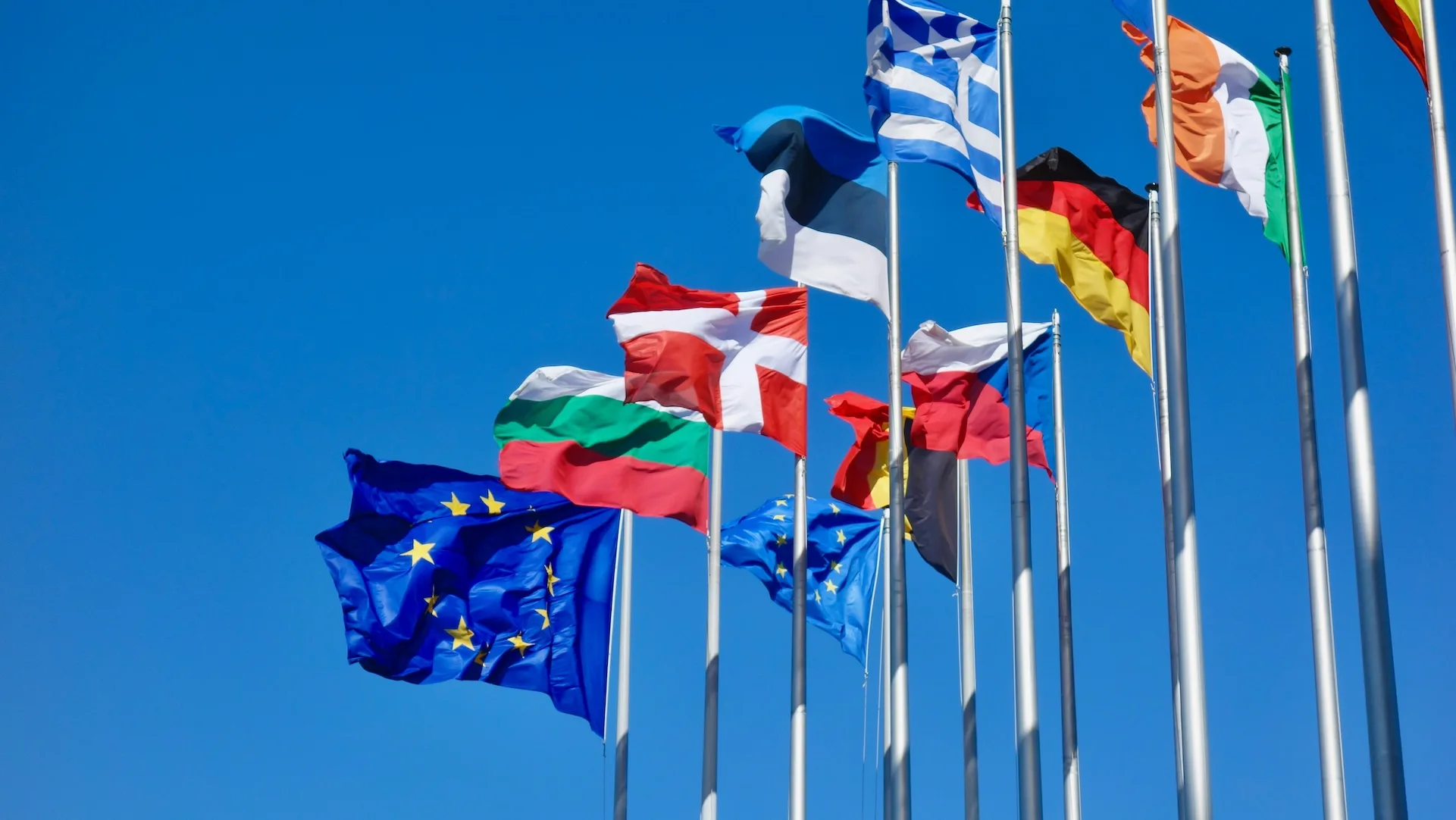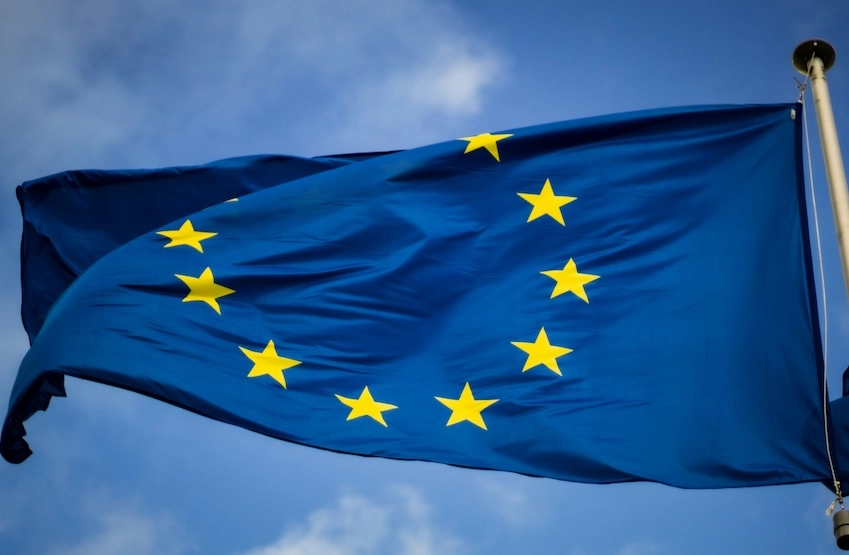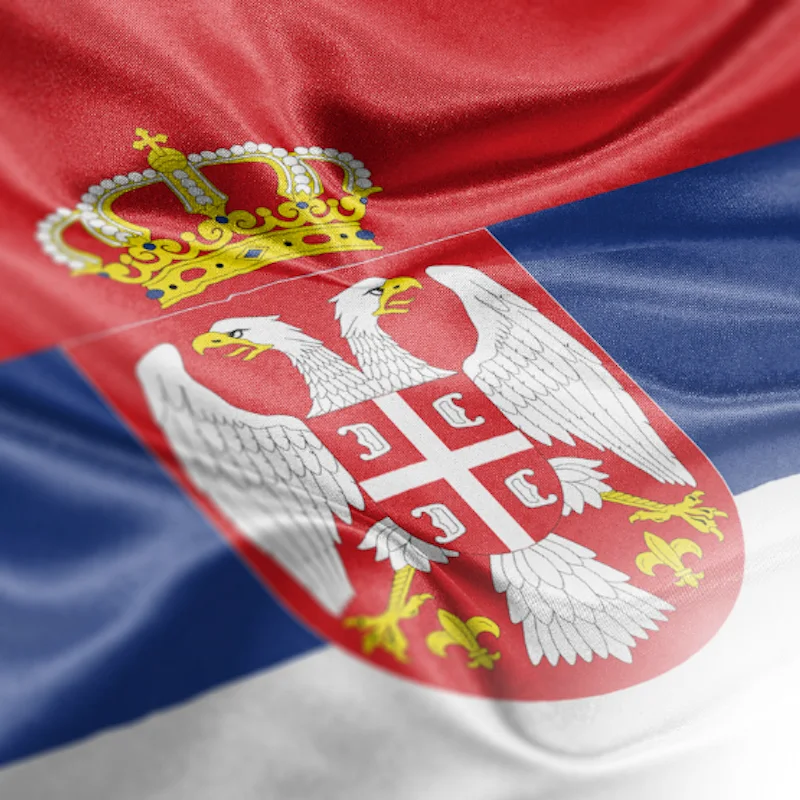
How Countries Decide Who Handles Your Visa Application
Sarah Pardi - December 31, 2025
Home > Travel Requirements, Policy & Authorization > How Countries Decide Who Handles Your Visa Application
Share this post
Anyone who has applied for a Schengen visa is likely familiar with visa application centers. These centers are run by visa processors.
Visa application centers, sometimes called VACs, are trusted centers of the governments that they work with.
However, they (and thus, visa processors) aren't government entities themselves.
Visa processors are contracted external service providers that assist consulates and embassies with the more administrative side of the visa application process.
Because they're contracted, service providers can and do change from time to time, which begs the question: how does a government decide which visa processor to work with?
The process of securing a new contract is an important one.
Even though they're not government entities, VACs have a lot of responsibility and are privy to a substantial amount of personal data and information. It isn't a decision that is taken lightly.
Several visa processors serve the governments of the Schengen zone. They include:
- TLScontact
- VFS Global
- BLS International
- idata
- Visametric
- Global Visa Center World (GVCW)
- Capago
- Almaviva
- IVS Global Services
It isn't as easy as just choosing one, however.

How do governments choose which visa processor to contract?
Step 1. The call for offers
Governments choose a visa processor to partner with by first announcing an open call for offers.
This "call" provides details about what the VAC needs to be capable of doing. Some of these requirements include things like making appointments, the ability to collect visa fees and biometrics, welcoming the public, and more.
Once the listing is live, visa processors can then review the needs of the government and submit an offer if they believe they'd be a good fit for the open role.
In this open call, a timeline is also typically laid out that includes important steps in the process, like:
- The deadline date for submissions.
- The approximate time of the tender opening meeting.
- When the winning candidate will be selected.
- The opening date of the new centers in question.
It's helpful to know that not all visa application centers offer services for all countries.
For example, out of the list above, only three offer services for visa applications for France: VFS Global, TLScontact, and Capago.
Applying for a Schengen visa?
Make sure you get Schengen visa insurance ?
Step 2. The review process
Visa processors have a huge responsibility to both their partners and the communities that they serve.
Because of this, visa processors must adhere to strict criteria in order to be selected.
Once the open submission period closes, a committee meets and reviews all of the received offers. This committee is made up of representatives from MOFA (The Ministry of Foreign Affairs), the Ministry of the Interior, and the head of the post.
When they meet to review offers, there are several things that the committee looks for in a strong potential partner.
This committee needs to see a visa processor's experience in outsourcing the collection of visa applications. It also needs to be evident that the candidate prioritizes safety and security, which includes having the appropriate measures in place to protect the data of each visa applicant.
On top of experience and security, the criteria laid out in the call need to be met, such as the ability to collect biometrics, which is mandatory for Schengen visa applications.
While looking at all of these factors, the committee uses a point-based system. They have a list of criteria with points attached, and for each line item, a number of points is given.
The bid will typically go to the visa processor that has accrued the highest number of points after each submission has been thoroughly evaluated.
At this time, we don't have information about the specific mechanics of the point system or criteria, but make sure to follow Insurte for the latest information.
Step 3: Selecting a visa processor
Once the committee reviews all of the submitted information carefully, they move on to the decision-making phase of the process.
Weighing the received offers, this experienced committee chooses the winning applicant to extend a contract to.
Contracts don't necessarily have a fixed amount of time, though they can last for several years, sometimes with the ability for renewal. For example, in the US, France recently offered a five-year renewable contract.

Visa application centers are regularly reviewed
Consulates conduct unannounced inspections regularly, giving them an accurate snapshot of the day-to-day inner workings of their visa processor.
During the inspection, a report is created that lays out any inconsistencies found or anomalies noted. The visa processor will look at this report once it is finished, so they can be made aware of any glaring issues and adjust their procedures as needed.
Depending on the inconsistencies and anomalies found (if any), VACs can be penalized.
It's very important to the government(s) that the initial criteria and expectations continue to be met throughout the entirety of the partnership.
How are VAC service fees decided on?
If you're unfamiliar with VACs, you may not be aware of visa application center service fees. When applying for a Schengen visa, applicants will typically have two types of charges: one is the visa fee, and the other is the service fee(s).
What is the difference between a visa fee and a service fee?
The visa fee is a standardized fee set by the EU. This fee is your application fee when you apply for a Schengen visa.
The Schengen visa fee is 90 euros per adult applicant, 45 for children 6 to below 12 years, and waived for children under the age of 6. These fees are nonrefundable, even in the event of visa rejection. They are reviewed every few years.
Service fees, on the other hand, are set by the visa processor. Different visa processors can have different fees for the services that they provide. They may also have optional add-on services, which come at a fee as well.
Unlike the visa fee, these fees are not set by the EU, but they are, however, reviewed by the relevant committee during the vetting process for new partnerships. So, while the EU doesn't make these service fees, they are aware of them and their costs.

Why do the Schengen visa fees change?
Every three years, the EU looks at the current Schengen visa fee and decides whether or not it needs to be adjusted.
An appointed committee reviews a list of "objective criteria" against the current price and decides whether or not adjustments should be made.
They look at things like the average salary of a civil servant in EU countries, the Euro annual inflation rate, and more.
Related posts
Upcoming travels ? Get Insured !
Find the right insurance for your trip by using our powerful comparison tool!
Sarah Pardi - February 19, 2026
Sarah Pardi - February 13, 2026
Sarah Pardi - February 12, 2026
Sarah Pardi - February 6, 2026





